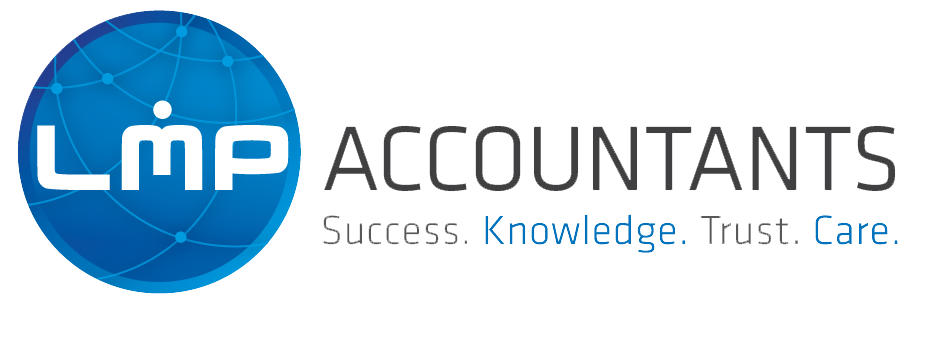Let’s face it, thinking and talking about death and what happens there after can be a pretty morbid affair…but what if you don’t?
It’s fair to say that none of us want to think about these things while we are enjoying the best years of our life, but it is so important – for you and your loved ones – that you put instructions in place that can guide your family about how you would like your affairs dealt with on your death.
This includes legal, medical and personal wishes.
Your Will
Your will comes into effect when you die and spells out how your belongings and assets should be shared, who will look after your (dependent) children and can even include instructions about your funeral.
Whilst you can buy will kits online to do it yourself, it is important to seek legal advice, or even better, have your will drawn up by an experienced wills and estates lawyer. This ensures that your will is legally binding. If it is not signed or witnessed property, it will be ruled invalid.
If you die without a will – also known as intestate – or your will is deemed invalid, an administrator is appointed to distribute your estate, pay your bills and taxes from your assets, and then distribute the rest on a pre-determined formula. If you die intestate your entire estate is paid to the state government.
Your Digital Profile After Death
You should always leave clear instructions in your will about what should happen with your social media, email, computer games and any other online accounts after your death including a relevant list of passwords for access.
This can be particularly relevant for social media accounts such as Twitter and Facebook. Providing family members with un-vetted access to these sites will allow family members to gather sentimental information and photo’s before they are shut down.
Estate Plans
An estate plan will include information that guides how you would like to be cared for – enduring, medical or financial powers of attorney – if you become too unwell or incapacitated to care for yourself.
It also includes your will and any other information that lets people know how you would like your assets distributed.
Your superannuation death nomination should also be included in your estate plan.
These days, many people have a vast percentage of their wealth tied up in superannuation, and are keeping it in super for longer during retirement. It is important to consider who will get your super when you die, and what are the tax implications going to be for them?
Technically you don’t ‘own’ your super so it doesn’t automatically form part of your Estate.
Powers of Attorney
If you become unwell or incapacitated, powers of attorney provide a nominated person or people with the ability to make financial, medical or legal decisions on your behalf.
A appointed medical power of attorney can only make medical decisions on your behalf, where as someone you appoint as an enduring power of attorney has the ability to make financial and legal decisions for you.
You can also appoint a general power of attorney for a specified period of time, eg if you are unwell for a short amount of time or travelling overseas.
Once you have your Will and Estate Plan in order, be sure to let someone know where you have left your instructions – whether under your bed or with your lawyer! This can save a lot of stress and heartache for those left behind.
“This information has been prepared without taking into account your objectives, financial situation or needs. Because of this, you should, before acting on this information, consider its appropriateness, having regard to your objectives, financial situation or needs”.

